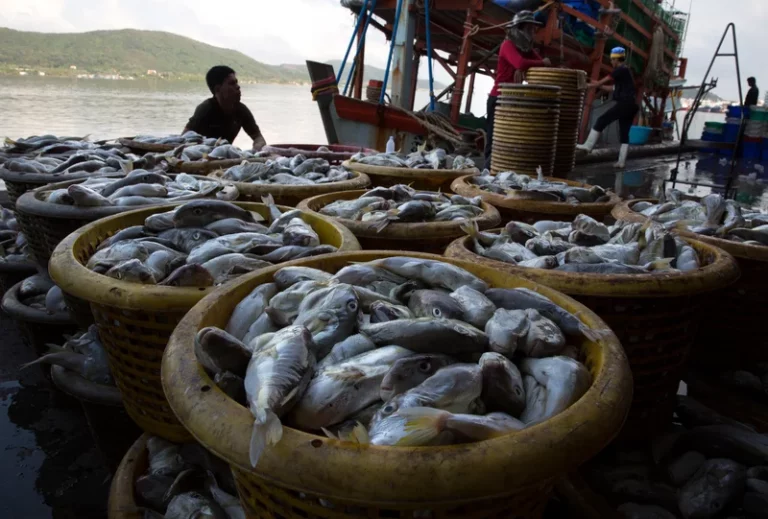Research report: Protecting Asian Trafficking Victims in Europe – In Focus: Czech Republic, Poland and Romania
News & AnalysisPublicationsThis research project focussed on Asian trafficking victims in Europe, especially in The Czech Republic, Poland, and Romania. Increasingly, Asian migrants are recruited to work in Europe. Among them are many people from the Philippines and Vietnam. ...Read More

